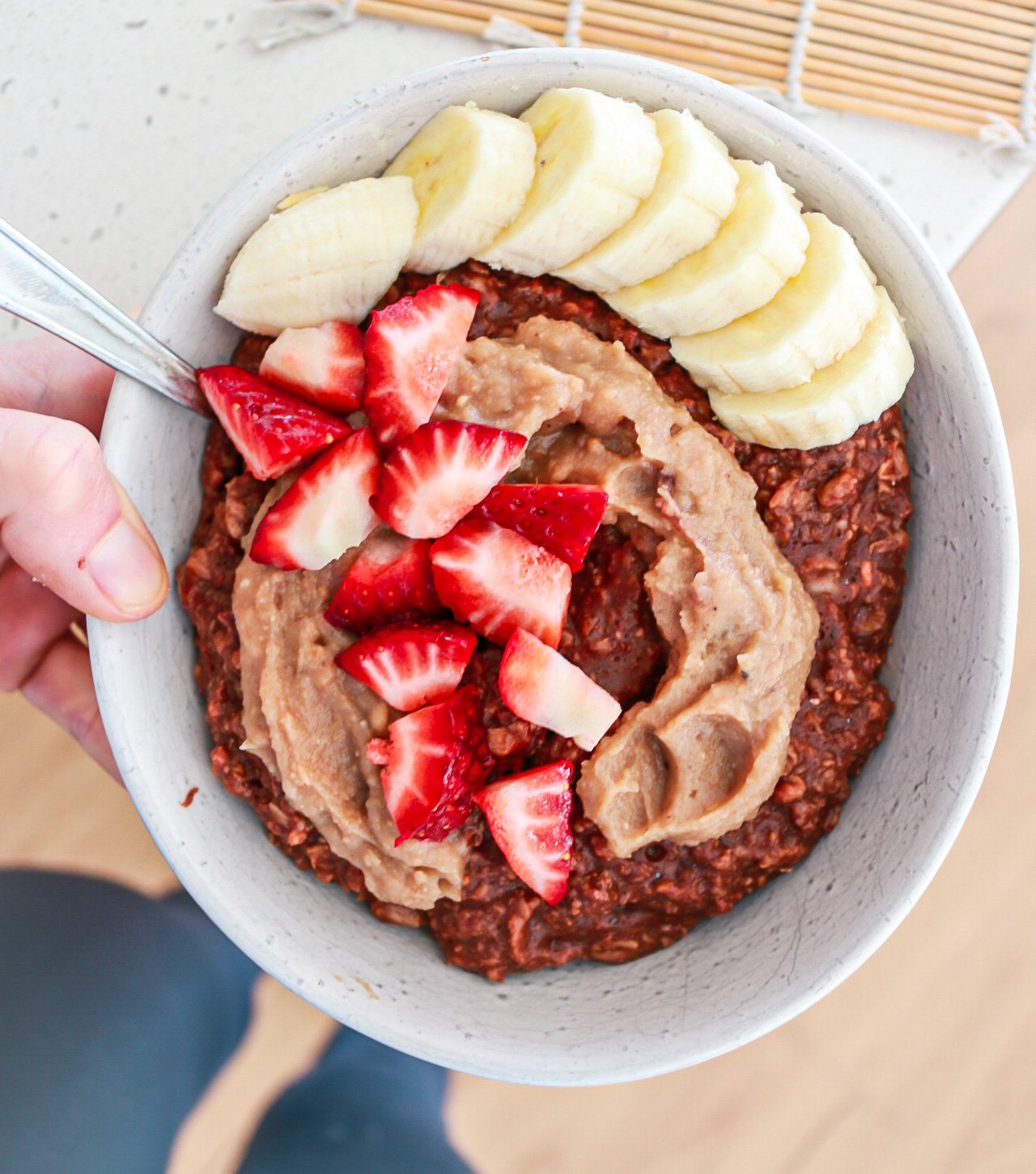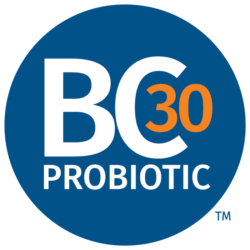3 Nutrition Tips for Gut Health
This post has been kindly sponsored by BC30™️ through Maverick Mindshare. As always, all opinions are my own!
Gut health is all the rage right now, and rightly so because it’s a fascinating area of research and our gut health is a huge contributor to our overall health and well-being.
However, there is also a LOT of misinformation out there when it comes to gut health…people promoting diet changes, tests and supplements which just do not have the evidence behind them to back them up. This usually results in the unnecessary elimination of foods, and increased stress and anxiety around food, both which actually have a NEGATIVE impact on gut health. Plus, a waste of money!
So, what are evidence-based nutrition changes you can make to support the health of your digestive system?
Here are my top 3:
Plant Diversity.
One of the most effective things we can do to support a healthy gut microbiome is not eliminate foods, but eat a wider variety of them! In fact, a great target to aim for is 30 different plant foods per week.
This might sound like a lot, but remember that all fruits, vegetables, whole grains, beans, lentils, nuts, seeds, mushrooms, herbs and spices all count towards your total, so it’s actually very, very achievable! Instead of always sticking to your same foods, think about what you can ADD or SWAP for increased plant diversity!
2. Prebiotic Foods.
Prebiotics are essentially the food for the good bacteria that live in our gut, our microbiome. Eating foods rich in prebiotics helps to fuel our gut microbiome to ensure we have a healthy, thriving population of bacteria to optimise not only our digestive wellbeing, but our overall health too!
Foods rich in prebiotics include onion, garlic, leek, lentils, barley, chickpeas, oats, beetroot, dried fruit, cashews, asparagus and Jerusalem artichokes.
3. Probiotics.
Where prebiotics are the food for our gut bacteria, probiotics are live organisms which have shown to have a beneficial effect on our gastrointestinal system. Probiotics can be found in some fermented (and unpasteurised) foods, such as sauerkraut, kefir, yoghurt, kimchi and kombucha, or a probiotic supplement.
The problem with most probiotic supplements or foods however is that we have no guarantee that those bacteria are still living by the time they reach our gut…meaning you won’t end up getting their benefits!
If you’re after a probiotic to aid a specific digestive issue, I definitely recommend speaking with a qualified health or nutrition professional who can recommend a supplement best suited to your individual case, as different strains have different effects.
However for an all-round general probiotic to support digestive wellbeing, my product of choice is the BC30™️ probiotic (Bacillus coagulans GBI-30, 6086), supported by over 25 published research papers. This is a probiotic, which can withstand the manufacturing process, extreme temperatures and stomach acid, making it both shelf stable and meaning that it is actually still living when consumed and when that bacteria reaches our gut (unlike most probiotics which are vegetative and very fragile)! I also love that BC30™️ can be found fortified in a variety of food products from tea, oats and granola, to juice, rather than as a supplement, so you can easily find a product that you consume on a daily basis, rather than having to take a supplement!
Just look for the BC30™️ symbol on the product packaging, and check out their website for more information, as well as all the research so far on this probiotic strain.





